- 4
- 16
- 2
- 20
- 4
- 27
Journalist @RyanGrim says @atrupar and people like him are not only "Trump's most valuable weapons" -- since they give credence to the view that the media often lies for partisan ends -- but is also a "threat to the free press" for disguising pro-DNC activism as "journalism." pic.twitter.com/yNBuweXGkL
— Glenn Greenwald (@ggreenwald) March 20, 2024
- 57
- 100
- 32
- 29
As of Monday, March 4, 2024, Section 3 of the 14th Amendment of the Constitution is essentially a dead letter, at least as it applies to candidates for federal office. Under the U.S. Supreme Court's ruling that reversed the Colorado Supreme Court's decision striking Donald Trump from the state's primary ballot, even insurrectionists who've violated their previous oath of office can hold federal office, unless and until Congress passes specific legislation to enforce Section 3.
In the aftermath of the oral argument last month, legal observers knew with near-certainty that the Supreme Court was unlikely to apply Section 3 to Trump. None of the justices seemed willing to uphold the Colorado court's ruling, and only Justice Sonia Sotomayor gave any meaningful indication that she might dissent. The only real question remaining was the reasoning for the court's decision. Would the ruling be broad or narrow?
A narrow ruling for Trump might have held, for example, that Colorado didn't provide him with enough due process when it determined that Section 3 applied. Or the court could have held that Trump, as president, was not an "officer of the United States" within the meaning of the section. Such a ruling would have kept Trump on the ballot, but it would also have kept Section 3 viable to block insurrectionists from the House or Senate and from all other federal offices.
A somewhat broader ruling might have held that Trump did not engage in insurrection or rebellion or provide aid and comfort to the enemies of the Constitution. Such a ruling would have sharply limited Section 3 to apply almost exclusively to Civil War-style conflicts, an outcome at odds with the text and original public meaning of the section. It's worth noting that, by not taking this path, the court did not exonerate Trump from participating in an insurrection.
But instead of any of these options, the court went with arguably the broadest reasoning available: that Section 3 isn't self-executing, and thus has no force or effect in the absence of congressional action. This argument is rooted in Section 5 of the amendment, which states that "Congress shall have power to enforce, by appropriate legislation, the provisions of this article."
But Section 5, on its face, does not give Congress exclusive power to enforce the amendment. As Justices Elena Kagan, Sotomayor and Ketanji Brown Jackson pointed out in their own separate concurring opinion, "All the Reconstruction amendments (including the due process and equal protection guarantees and prohibition of slavery) 'are self-executing,' meaning that they do not depend on legislation." While Congress may pass legislation to help enforce the 14th Amendment, it is not required to do so, and the 14th Amendment still binds federal, state and local governments even if Congress refuses to act.
But now Section 3 is different from other sections of the amendment. It requires federal legislation to enforce its terms, at least as applied to candidates for federal office. Through inaction alone, Congress can effectively erase part of the 14th Amendment.
It's extremely difficult to square this ruling with the text of Section 3. The language is clearly mandatory. The first words are "No person shall be" a member of Congress or a state or federal officer if that person has engaged in insurrection or rebellion or provided aid or comfort to the enemies of the Constitution. The Section then says, "But Congress may by a vote of two-thirds of each house, remove such disability."
In other words, the Constitution imposes the disability, and only a supermajority of Congress can remove it. But under the Supreme Court's reasoning, the meaning is inverted: The Constitution merely *allows *Congress to impose the disability, and if Congress chooses not to enact legislation enforcing the section, then the disability does not exist. The Supreme Court has effectively replaced a very high bar for allowing insurrectionists into federal office --- a supermajority vote by Congress --- with the lowest bar imaginable: congressional inaction.
As Kagan, Sotomayor and Jackson point out, this approach is also inconsistent with the constitutional approach to other qualifications for the presidency. We can bar individuals from holding office who are under the age limit or who don't meet the relevant citizenship requirement without congressional enforcement legislation. We can enforce the two-term presidential term limit without congressional enforcement legislation. Section 3 now stands apart not only from the rest of the 14th Amendment, but also from the other constitutional requirements for the presidency.
In one important respect, the court's ruling on Monday is worse and more consequential than the Senate's decision to acquit Trump after his Jan. 6 impeachment trial in 2021. Impeachment is entirely a political process, and the actions of one Senate have no bearing on the actions of future Senates. But a Supreme Court ruling has immense precedential power. The court's decision is now the law.
It would be clearly preferable if Congress were to pass enforcement legislation that established explicit procedures for resolving disputes under Section 3, including setting the burden of proof and creating timetables and deadlines for filing challenges and hearing appeals. Establishing a uniform process is better than living with a patchwork of state proceedings. But the fact that Congress has not acted should not effectively erase the words from the constitutional page. Chaotic enforcement of the Constitution may be suboptimal. But it's far better than not enforcing the Constitution at all.
- 119
- 236
Again, I'm so baffled by this. Sarah is a professional journalist. She works at New York Magazine. She could have spent five minutes sending an email to The Atlantic and the magazine would have shared what it shared with me. What is the point of this? https://t.co/XTKry8Fmfu
— Jesse Singal (@jessesingal) February 28, 2024



!chuds you'll never hate journos enough 
edit: lol she responded to jesse 
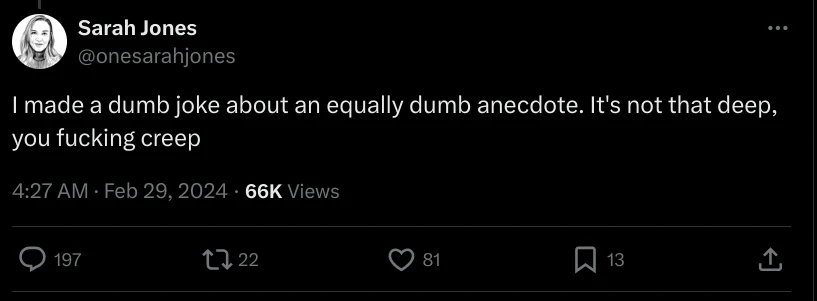

https://twitter.com/onesarahjones/status/1762937597641273831
- 4
- 29
" The HR representative leading the orientation chided me: “We don't do that here. They hate gay people.” People started snapping their fingers in acclamation. "
I'm sorry guys, I'm already out. Everyone in the room should have been bullied more.
- 17
- 37
Said literally no one except this shill. Lmao. Even Redditors are pooping on it.
https://old.reddit.com/r/TrueDetective/comments/1aue3wo/im_sorry_all_is_forgiven/?sort=controversial



- 35
- 81
When 2,529 people were offered a free subscription to their local newspapers, the Pittsburgh Post-Gazette and the Philadelphia Inquirer, only forty-four accepted—less than 2 percent—according to an academic study set to be published this year in the American Journal of Political Science.
Dan Hopkins, a political science professor at the University of Pennsylvania, conducted the study, titled “Unsubscribed and Undemanding,” in 2021. The purpose of the research, Hopkins said, was to assess practical ways to increase interest in local or regional news for an audience that seems more interested in national, partisan media outlets. (The pool of those offered subscriptions was made up of locals who had previously responded to political surveys.) Hopkins said that he was “surprised and dismayed” when he realized that only 1.7 percent had accepted the free subscription.
The findings add context to what has been a difficult start to 2024 for American media. There have been hundreds of layoffs across the industry—the Washington Post, Wall Street Journal, Los Angeles Times, Sports Illustrated, and Business Insider, among others, have all downsized. At the local level, half the counties in America have either one news outlet or none at all, according to Medill's 2023 State of Local News Project. Of those counties, over two hundred are “news deserts,” without any local media whatsoever.
Hopkins conceived the study after writing a book in 2018 on the nationalization of American politics. In The Increasingly United States he argues that declining interest and access to local news forces voters, who are not otherwise familiar with the specifics of their local governments' agendas or legislators, to default to national partisan lines when casting regional ballots. As a result, politicians are not held accountable, voters are not aware of the issues, and the candidates who get elected reflect national ideologies rather than representing local needs.
Hopkins and his coauthor Tori Gorton sent the free-subscription offers on postcards in the mail and targeted social media messages over the spring and summer of 2021. They ran a parallel study in which they determined the level of engagement with free local news stories (mostly about COVID) on social media. Some of the responses made clear that there were strong feelings at play.
One returned an invitation to subscribe to the Post-Gazette with a message: “[t]he P-G is an awful newspaper run by horrible bigoted people.” Other comments collected from the social platforms read: “no thanks! Fake News” and “GOTTA BE BAD FOR THE MEDIA WHEN YOU CAN'T GIVE THE CRAP AWAY.”
Neither paper has yet covered the study in its own pages. The Post-Gazette did not respond to requests for comment. Evan Benn, the senior director of special projects at the Inquirer, told CJR that the study was a welcome chance to gain insight into potential subscribers looking for local news, especially given that a grant from the University of Pennsylvania covered the cost of the subscriptions. He declined to respond on the record to the substance of the findings.
Hopkins did not find an obvious solution to the problem. “It is easier, as a researcher,” he said, “to study why things have changed than how to push in the opposite direction.”

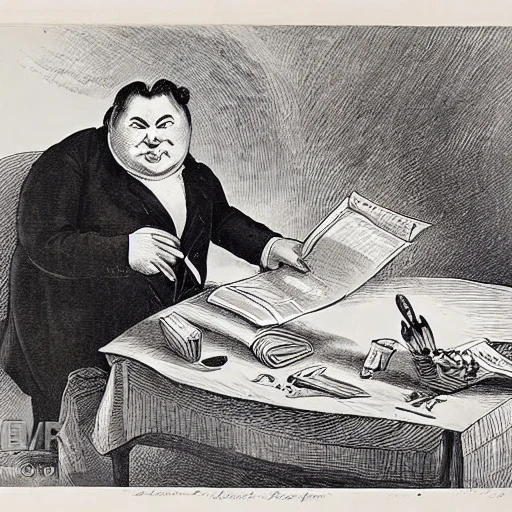


























 Kierkegaard on Jo*rnalists
Kierkegaard on Jo*rnalists



.webp?x=8)



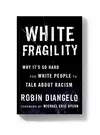
 Diversity Is Our Strength
Diversity Is Our Strength 


 Anarcho-Syndicalist-Trotskyist-Stalinist Cuban Revolutionary
Anarcho-Syndicalist-Trotskyist-Stalinist Cuban Revolutionary 
 Lol that incident at the NYT orientation where a journo was scolded and finger-snapped at for mentioning Chick-fil-A was actually fact checked
Lol that incident at the NYT orientation where a journo was scolded and finger-snapped at for mentioning Chick-fil-A was actually fact checked 
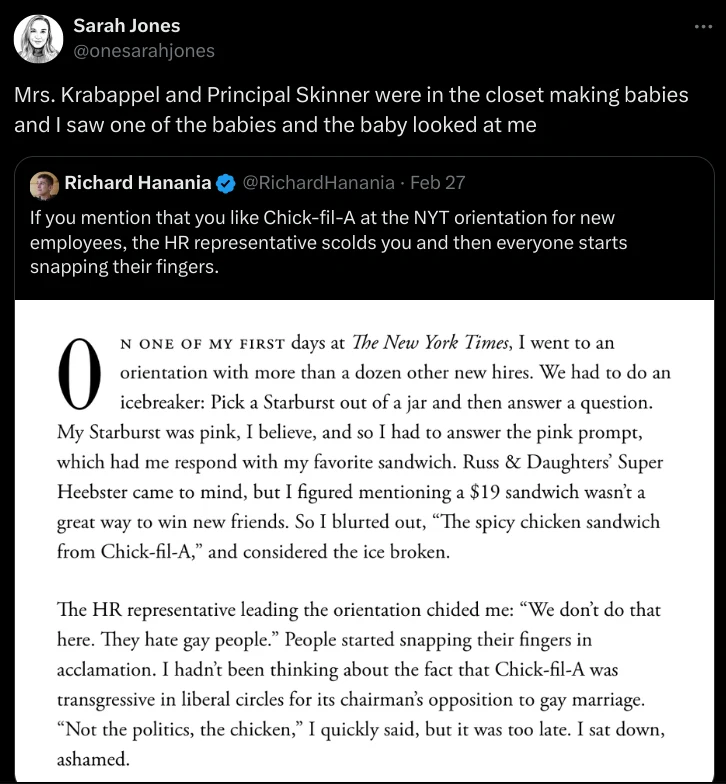
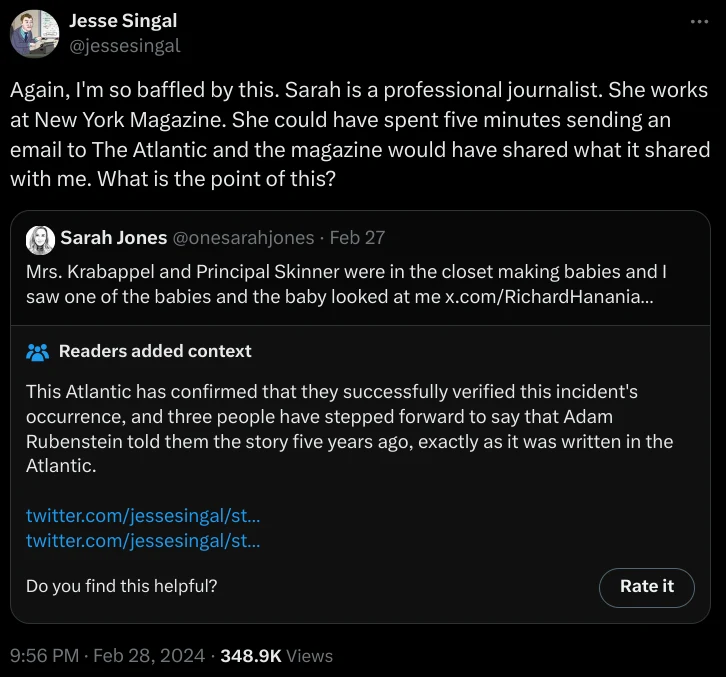
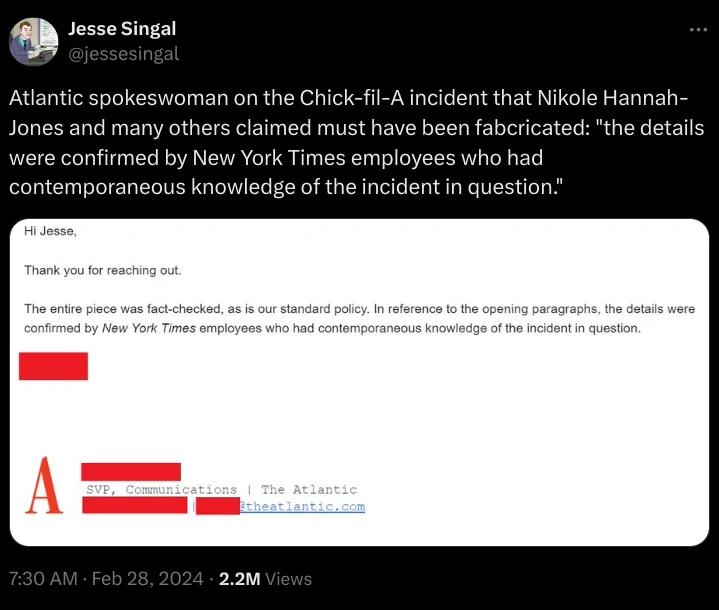

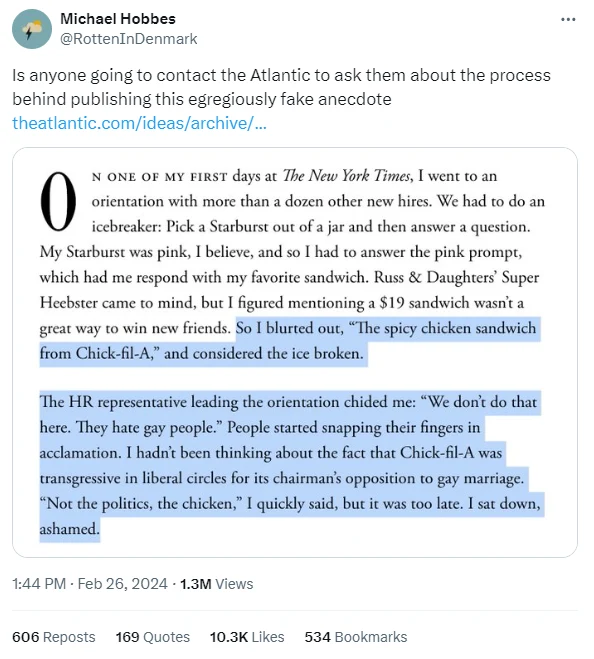
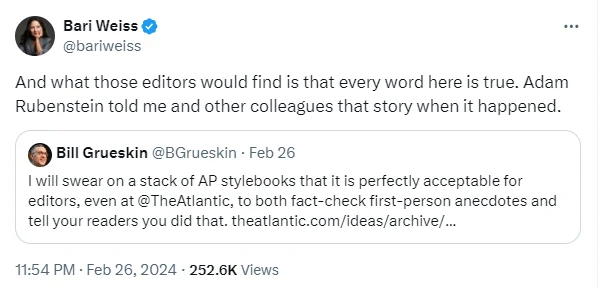
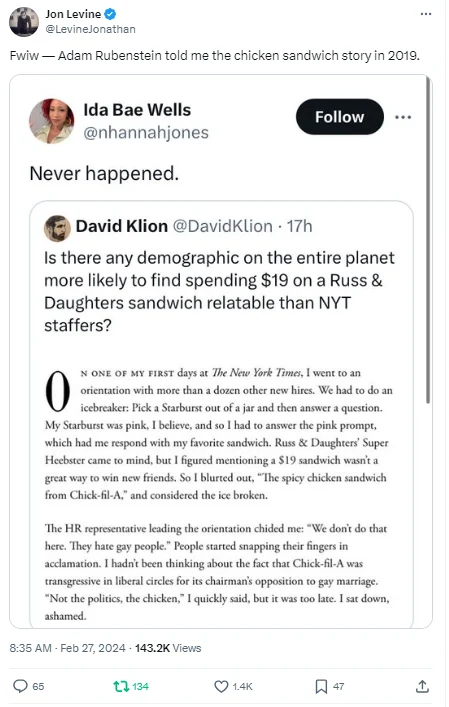
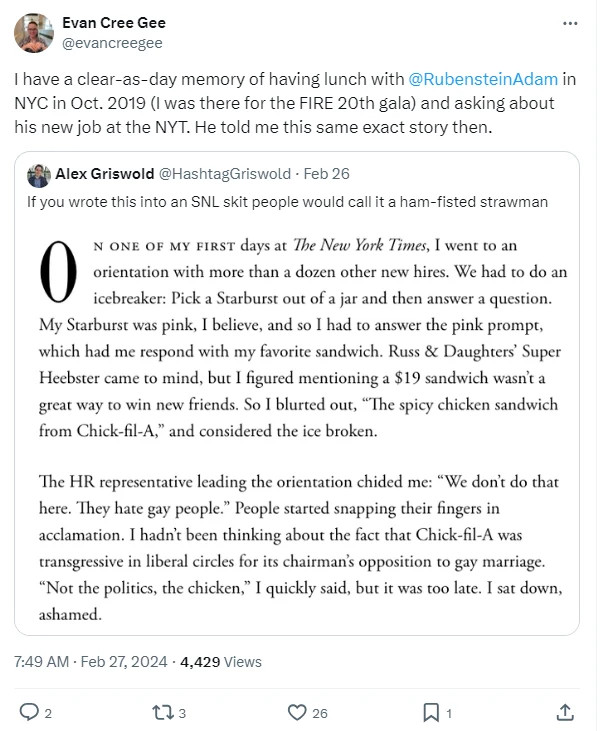
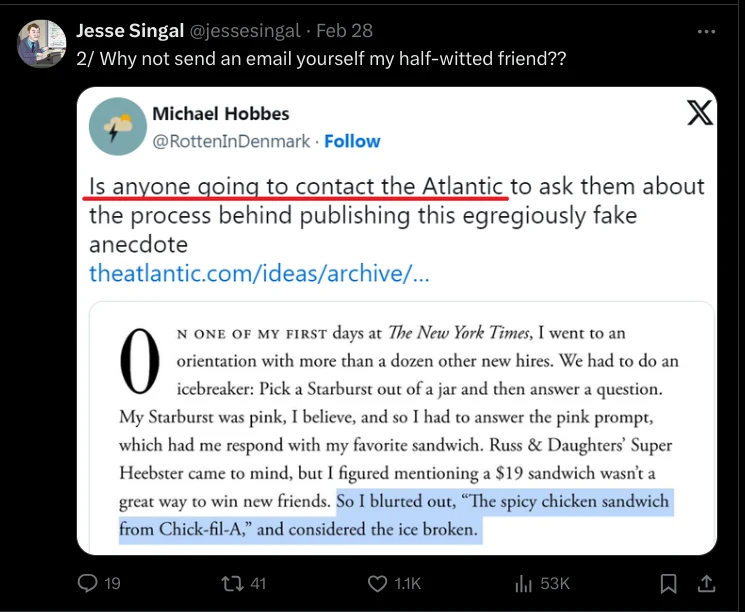
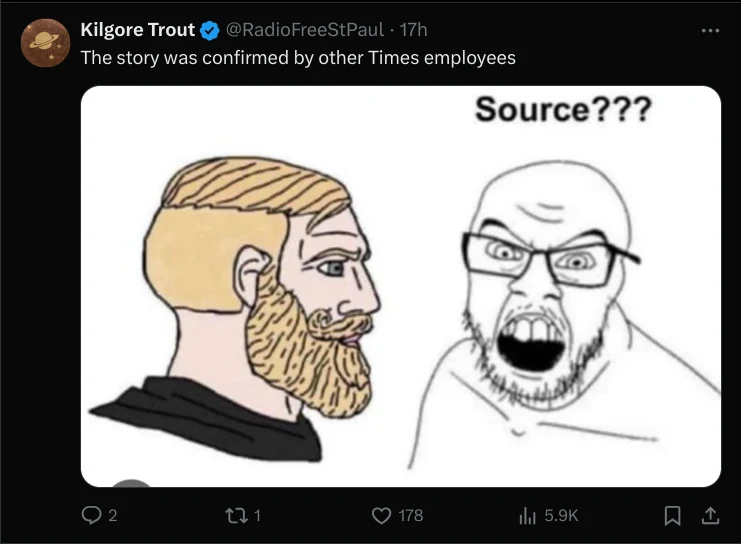



 writes stinkpiece
writes stinkpiece  about FAILING New York Times. Neolibs
about FAILING New York Times. Neolibs  debate whether it happened, chicken sandwiches
debate whether it happened, chicken sandwiches  .
.






